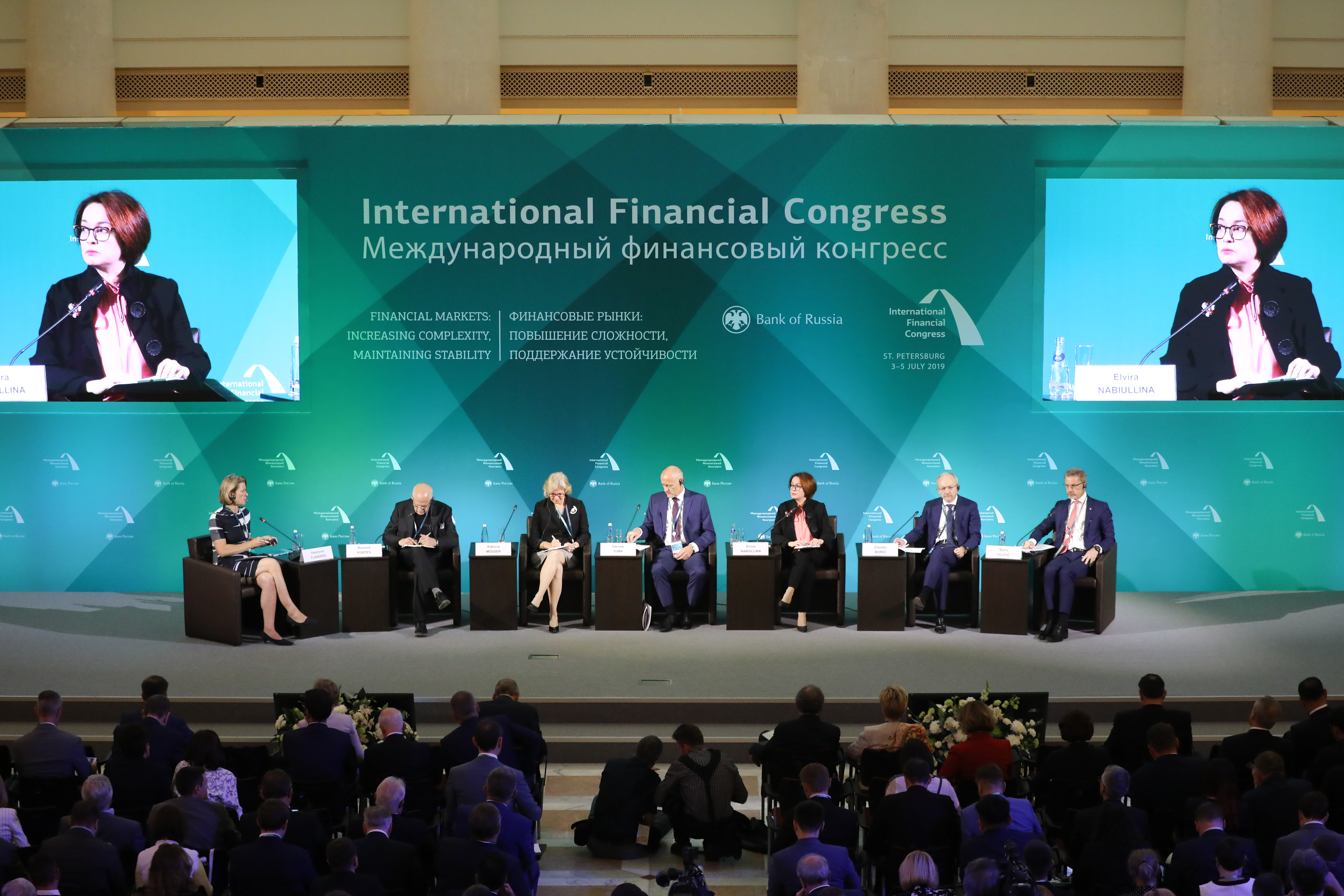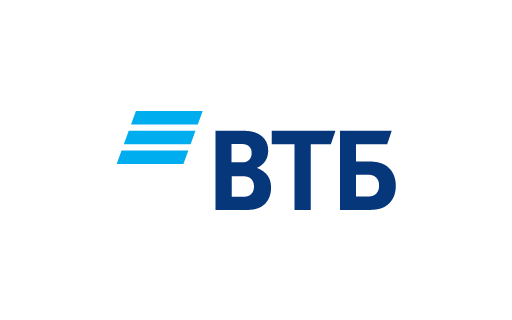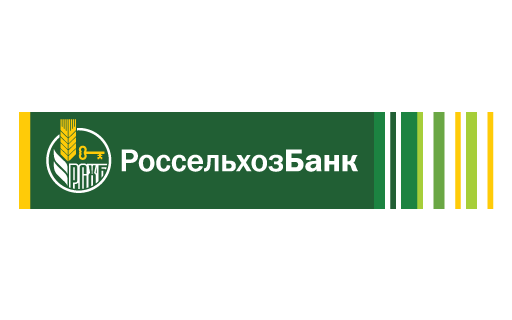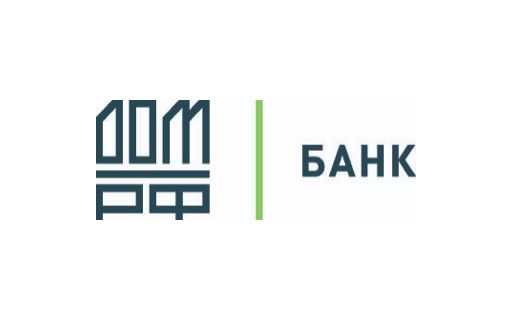Speech by the Chairman of the Central Bank of the Russian Federation
Elvira Nabiullina
Plenary session I: “How can the Central Bank achieve its goals in the face of an increasing variety of risks and an increasingly complex market structure?”
Plenary session II: “Self-regulation, ethics and behavioral supervision: challenges of the next three years”
7 thematic areas and 43 parallel sessions:
Direction "Banks":
-
Session 1.1: New approaches to housing finance: challenges and opportunities for the banking and construction sectors
-
Session 1.2: IFRS 9: features and consequences of implementation
-
Session 1.3: Business model of a “regional” bank: past, present and future
-
Session 1.4: RegTech and SupTech: technological transformation of interaction between the financial industry and the regulator
-
Session 1.5: Infrastructure projects for the financial market: first results and prospects
-
Session 1.6: Macroprudential policy: goals, means, results
-
Session 1.7: Development of the deposit insurance system
Direction "Macroeconomics and monetary policy":
-
Session 2.1: Features of the policy of the Central Banks of countries with emerging markets in an era of increased global uncertainty
-
Session 2.2: Interaction between monetary and macroprudential policies
-
Session 2.3: Communication policy as a monetary policy tool
-
Session 2.4: Inflation expectations: how to manage them?
-
Session 2.5: How to accelerate the growth of the Russian economy?
-
Session 2.6: How does regional economic heterogeneity affect monetary policy decision-making?
Direction “Professional financial market participants”:
-
Session 3.1: New requirements for specialists in the financial market
-
Session 3.2: Competing for the Retail Investor: Brokers and Trustees
-
Session 3.3: Derivatives market: on the verge of change?
-
Session 3.4: In search of optimal regulatory burden and effective supervision of securities market participants: theory and practice
-
Session 3.5: Investment advisory activities. First results
-
Session 3.6: The role of infrastructure in creating a trusting environment and simplifying investor access to the financial market in the era of digitalization
-
Session 3.7: Fair pricing in the securities market
Direction “Collective investments. Main challenges and growth points":
-
Session 4.1: Investment funds market. Reboot
-
Session 4.2: NPF. Expanding investment opportunities vs risk management: earn money or save?
-
Session 4.3: Special depositories. Keep up with the times. What does an investor pay for?
-
Session 4.4: NPF. Competition and constraints to business development
-
Session 4.5: Development of non-state pension provision
-
Session 4.6: Risk instruments in collective investments. Manager competencies and investor expectations
Direction "Microfinance":
-
Session 5.1: Credit cooperation: on the way to gaining trust and increasing popularity
-
Session 5.2: Socialization of the MFO market: transformation of business models under the influence of regulatory influence
-
Session 5.3: Development and improvement of the institution of self-regulation in the microfinance market
-
Session 5.4: Online services in the microfinance market: challenges and development prospects
-
Session 5.5: Partnership between credit and microfinance organizations: advantages and threats for business and consumers
-
Session 5.6: Consumer fraud and unscrupulous behavior of borrowers: how to effectively counteract
Direction "Insurance market":
-
Session 6.1: Development strategy of the insurance sector: market view, regulator view
-
Session 6.2: OSAGO – course towards individualization
-
Session 6.3: Consumer in the insurance market
-
Session 6.4: New approaches to assessing the financial stability of insurance companies
-
Session 6.5: Life insurance: perspectives
Direction “Cross-sectoral sessions”:
-
Session 7.1: Entrepreneurship financing – a national priority
-
Session 7.2: Digital transformation and cyber risks in the financial sector
-
Session 7.3: Approaches to regulating financial groups
-
Session 7.4: The contribution of corporate governance to the competitiveness of a financial organization
-
Session 7.5: Cyber risks and cyber threats: manage, regulate, insure
-
Session 7.6: Compliance as part of corporate culture
Business breakfast of the Central Bank and BELL Club “Banks and IT companies: how to build protection against cyber threats together”
Signing of the Agreement on cooperation and exchange of information between the Bank of Russia and the Central Bank of the Republic of Armenia
As part of the additional program, the Bank of Russia Conference on economic research was organized: “Efficiency of macroprudential policy: theory and practice.”
The business program of the Congress touched upon all aspects of the financial market.
Discussions at the 2023 International Financial Congress will focus on identifying and measuring financial stability risks, optimal monetary and macroprudential policies, and the effects of macroprudential policies.
During the Congress, sessions were held to discuss infrastructure projects for the financial market, new approaches to financing housing construction, the development of non-state pensions, macroprudential policy, compliance issues, development of the deposit insurance system, digital transformation and cyber risks in the financial sector, approaches to regulating financial groups and other questions.
As part of the IFC-2023, an exhibition was held at which eight companies were represented: VTB Bank (PJSC), JSC Russian Agricultural Bank, PJSC Sberbank, National Payment System Mir, Bank DOM.RF, JSC Goznak, Association " Rosinkas", "FinCERT".
In 2023, the International Financial Congress was attended by about 1,200 participants from 37 countries: Austria, Azerbaijan, Argentina, Armenia, Bangladesh, Belgium, Bermuda, Brazil, Great Britain, Hungary, Virgin Islands, Germany, Greece, Denmark, Egypt, Spain, Italy, Kazakhstan, Cyprus, China, Moldova, the Netherlands, the Island of Jersey, Portugal, the Republic of Belarus, Serbia, USA, Thailand, Turkey, Uzbekistan, Uruguay, Finland, France, Croatia, Czech Republic, Switzerland, Japan, including 254 heads of companies from Russian and foreign business.
Among the participants of the Congress are representatives:
-
90 credit institutions from 25 cities. Among them are leading Russian banks: Sberbank of Russia, VTB Bank, Gazprombank, Rosselkhozbank, Bank FC Otkritie, Alfa-Bank, UniCredit Bank, Rosbank, Bank St. Petersburg, Citibank and others;
-
central (national) banks from 15 countries: Austria, Armenia, Belarus, Denmark, Spain, Italy, Portugal, Russia, Thailand, Turkey, Uzbekistan, Finland, France, Croatia, Czech Republic;
-
39 insurance companies; 19 non-state pension funds; 21 investment companies; 22 professional securities market participants; 25 management companies; 12 microfinance organizations, pawnshops, credit consumer cooperatives; 11 self-regulatory organizations; 2 organizers of trade/exchanges.
-
22 associations/associations/unions uniting credit institutions and other participants in the financial market of Russia, CIS countries and non-CIS countries;
11 auditing and consulting companies; 17 IT companies; 4 payment systems;
6 rating agencies; representatives of science from 20 universities and universities; representatives of telecommunications companies, funds, non-bank credit organizations, manufacturing and legal companies;
-
World Bank, European Bank for Reconstruction and Development, European Central Bank, Bank for International Settlements, Eurasian Development Bank, International Monetary Fund, Financial Market Supervisory Authority of the Republic of Azerbaijan, Eurasian Economic Union, Interstate Bank, International Bank for Economic Cooperation, Bretton Renewal Committee -Woods;
-
legislative and executive authorities at different levels: the Federation Council of the Russian Federation, the State Duma of the Russian Federation, the Prosecutor General's Office of the Russian Federation, the Ministry of Finance, the Ministry of Economic Development, the Ministry of Internal Affairs, the Ministry of Agriculture, the Ministry of Construction and Housing and Communal Services, the Accounts Chamber of the Russian Federation, the Federal Antimonopoly Service, Federal Service for Financial Monitoring, State Corporation "Deposit Insurance Agency".





